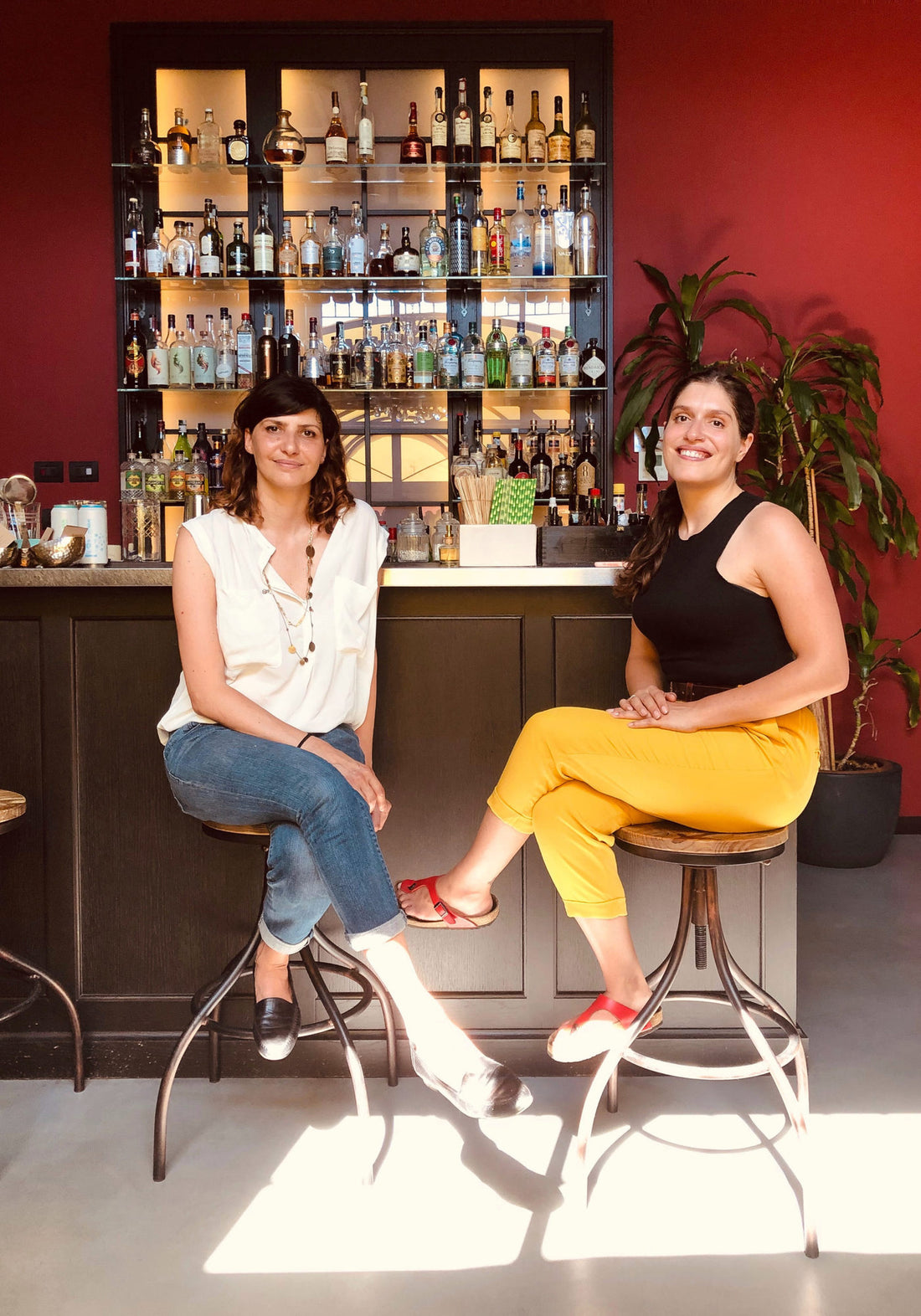Here we are at the fifth episode of Metamorfosi: the column that explores contemporary trends in terms of sustainability. Our Francesca from A Milano You continues to accompany us on this journey to interview restaurateurs who have used this lockdown period to transform their business and make it more sustainable to leave a positive impact on the community and the environment.
In this episode we talk about digitization. Today more than ever, even those who were reluctant to create an image and an online narrative have understood its importance and value. In this period there have been many realities that have invested in their digitization: from social networks and sites that offer an easier user experience; to the development of new businesses, such as the 2.0 version of food delivery (more attentive to the quality and conservation of the product as it arrives at home), or ghost kitchens (a new business model in which restaurants only deliver).
With Chiara from Belè Restaurant we chatted about their Belivery, their presence on social networks and more sustainable solutions to be adopted in all aspects of catering.
Hello Chiara! Point blank question. First thing that crossed your mind, as soon as they announced the lockdown.
Panic, I would say. We had taken the news a little lightly to be honest. Then as the situation slowly emerged, we decided to close temporarily.

We've read a little bit about your Belivery. Tell us about it? Did you already do a delivery service or is it something completely new for you?
The Belivery was, and still is, our first take-away and dish delivery experiment, in a slightly different way than usual, having introduced the vacuum sealer.
In order not to give up the quality of our dishes, we have thought of vacuum packing as a solution to keep the dish intact during the transport phase.
We are interested in making our dishes taste at home as in the restaurant, without having to compromise on quality. This is why we have left traditional delivery aside.
What are the differentiating elements for you of the Belivery compared to the classic delivery?
The first thing, as we said, is that the quality that is maintained from the restaurant to delivery is not penalized. The second element is its versatility. Vacuum packed foods can be stored in the refrigerator for several days. We guarantee quality for one week on average. So you can decide to consume your gourmet dish when, where and how you want, maintaining the quality that you would find sitting in the restaurant. And then there is the fact that you can guarantee suitable delivery times.
With a traditional delivery we would not have had control over these fundamental elements for us.
In terms of sustainability, how did you manage this form of delivery?
First of all through an autonomous platform, whose service was launched at the end of May this year. Then the next step, which is what we carry out with our cuisine, is the choice of local products and producers and a not very incisive processing of the raw material.
On the packaging side, to date, we still do not have a different solution from plastic for vacuum packing, but we try to keep ourselves up to date from this point of view. Everything around the vacuum is made of paper and is compostable.
We'd like to use glass for deliveries, I'll tell you, and we're trying to figure out the feasibility of this in this period. Obviously it can't work for all dishes, but for sauces or preserves it might be the ideal solution.

So for the delivery you have also set up the digital platform?
Yes, as I told you we have created a platform parallel to our site. Belè Ristorante and Belivery are two different domains. We wanted to keep the site separate with its menu and booking system, from the Belivery which has, among other things, an ad hoc menu to which the Gastronomy Workshop is added. It is a format of gastronomic itineraries that we offer in the restaurant, but which in the delivery version are transformed into a box containing the ingredients and indications to recreate that dish. We initially tested the platform with our regular customers who wanted to try the service. For some time we have increased our customers, but our final goal would be another type of user, such as companies for example.
Has your social presence changed since before and after the lockdown? We think that many brands have significantly marked their social presence to remain etched in the imagination of theirs and potential consumers.
Our social networks have always been taken care of internally by us. So far we haven't put a lot of effort into it but it's something we are trying to improve. Also because in this lockdown, social networks have been our window to the outside world, so to speak. And people have had plenty of time to get used to them, live with them and keep up with their evolution.
I believe that it is essential to be present on social networks with contents that give voice to your brand. As for us, we have a clientele of 50-60 years, who are not super accustomed to social media, if not to Facebook. But yes, in general, we would like to improve our online presence.
Last question. What future developments do you expect in terms of sustainability?
One thing nobody ever cares about is the laundry service. I would expect it to be more sustainable, perhaps finding cleaning products that are free of harmful substances for the environment.
Then there is always the organic part of the products, which is a sector that needs further development: in terms of availability and choice, costs associated with the raw material, product traceability and sustainability at the production level.
